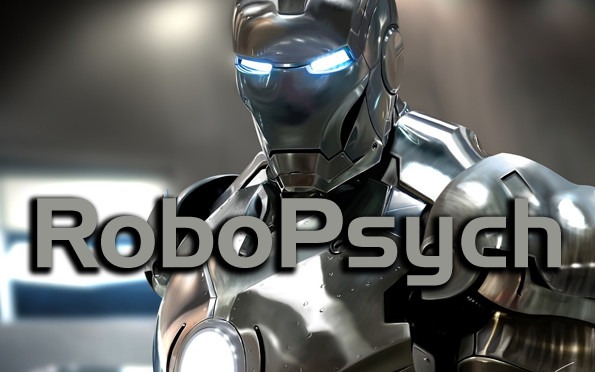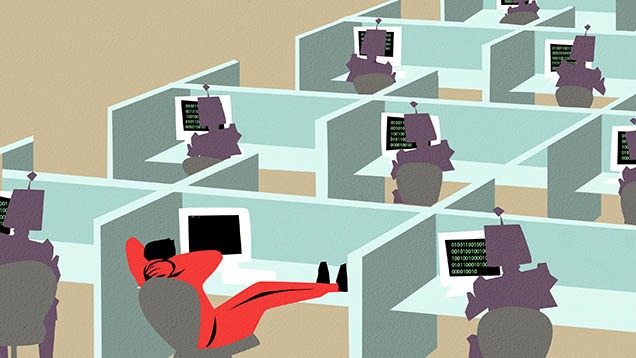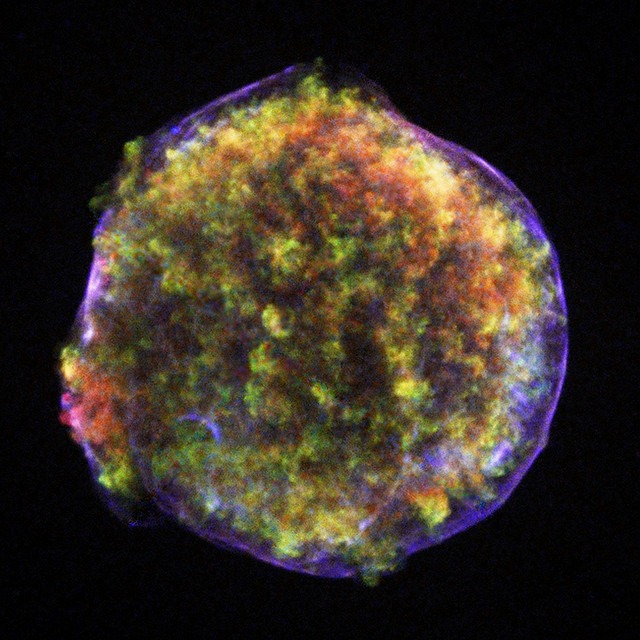kind of emotional reactions do you have to robots? Until not very long ago, this question was the stuff of science fiction. But the recent proliferation of robots in the home, workplace and healthcare world, bring the question squarely into everyday life. As a psychologist interested in exploring human-robot interaction, I’ve coined the term RoboPsych as an umbrella for our cognitive, emotional and behavioral reactions to the wide range of robots in our daily lives.
It’s interesting to look at what psychologists call the six basic emotions from a RoboPsych perspective; to see what emotional expressions robots elicit today. Several of these emotions arise from the threat to jobs and livelihoods posed by robots, a fear unabated by the reassurances of tech-utopiasts like Larry and Sergey. Other emotional reactions are more deeply rooted in legend and cultural imagery.
Let’s take a look at how robots can easily trigger each of the six emotions:
- Fear – This one’s easy. We’ve been highlighting the fearful aspects of robots since their earliest imagined existence. Out of control humanoid bots have haunted our nightmares from the golem to the Terminator. Of course we’re fearful!
- Anger – Another easy one. Fear easily morphs into anger. We naturally get revengefully angry at the source of our fears. This leads us to feel relieved when we destroy robots in fictional settings, a cathartic release of the fear-driven-anger they bring about in us.
- Disgust – A little less obvious, disgust is the source of the “uncanny valley” experience. Interacting with an almost-but-not-quite human android creates an uneasiness that’s often difficult to describe. Interestingly, Sigmund Freud wrote about this reaction in a 1919 article entitled, “The Uncanny.” Disgust is most often seen in situations in which robots are portrayed as caregivers or sexual partners.
- Sadness – Much more subtle. The rise of robots implies something about humanity—a loss of our special status on Earth—that can engender sadness in many of us. Also, the presence of dependent, servile robots, and the way we treat them, can bring about a poignance or pathos in us, perhaps a nostalgic longing for a simpler time in our individual and collective lives.
- Surprise – As our relationships with robots become increasingly complex we are likely to find ourselves surprised (in positive and negative ways) by the variety of emotional reactions they engender in us. Films like “Her,” focusing on robots display touching, angry, funny and sad moments, demonstrate the wide range of interactions that will be possible with them. We are all likely to experience a much broader wider range of emotions than we’d anticipate when we begin routinely sharing our lives with robots.
- Joy – Easy to see in children interacting with robots. The sheer exuberant pleasure of encountering a foreign-yet-familiar figure who interacts with us in unanticipated and unique ways can make us happy. This might be something like meeting with someone from a distant culture (in a film like, “The Gods Must Be Crazy”) whose lack of familiarity with our ways throws us back on ourselves in a rare moment of joyful awareness of the unexamined habits, assumptions and beliefs that underlie our everyday lives.
We easily project human intentions, emotions and personalities onto objects. Think about our complex relationships with our pets and how we even name our cars or other favorite things.
This tendency to anthropomorphize will certainly lead us to develop rich, complex emotional relationships with robots when we come to depend on them to carry out routine and not-so-routine tasks for ourselves and our loved ones in the very near future.
via ieet.org



